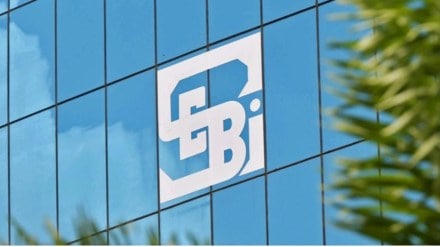The Securities and Exchange Board of India (Sebi) is tightening its disclosure requirements for listed companies with regard to mergers and acquisitions (M&A).
The regulator recently asked the exchanges to increase vigilance in this regard. They have been asked to track the price movement of shares of these companies months prior to the M&A as well as look at investors who have entered or exited during the period.
Companies are required to make timely and accurate disclosures about any information that could have a bearing on securities’ prices. Such information include major business deals, binding agreement, acquisition or changes in the management.
Also Read: Sebi recommends cancelling registration of eight AIFs
“Monitoring the price movement of securities and tracking investor activity can be challenging. However, over time, the exchanges have developed tools and surveillance mechanisms which allow them to track prices as well as sudden change in average volume and entry and exit of investors during a particular period,” said Sumit Agrawal, founder, Regstreet Law Advisors.
In case any irregularity is found, Sebi can either investigate or ask the exchange to do so and submit a report. Based on such report, the regulator can initiate proceedings against the company, its directors, promoters or key managerial personnel as well investors who may be part of such irregularity.
“The regulator can suspend or cancel trading in a security on suspicion of non-functioning market, imposing fines and penalties on the parties involved in such irregularities,” said Devansh Jain, principal associate, PSL Advocates & Solicitors.
“While such a surveillance mechanism might not have a direct impact on M&A transactions, it may increase transparency, reduce the risk of insider trading and make it harder for companies to keep their M&A plans confidential, potentially affecting their negotiating power or market position,” said Agrawal.
Also Read: Sebi bars bank guarantee on client funds
In 2021, Sebi mandated listed companies proposing to undergo schemes of arrangements to provide certain additional disclosures with respect to valuation reports, past defaults of listed debts and for obtaining approvals in advance from lenders, including scheduled commercial banks, financial institutions and debenture trustees.
The same year, Sebi ordered Future Retail, along with its promoters and other related entities, to disgorge Rs 25 crore for violating insider trading rules in the demerger of Future Retail.
The regulator has also tightened the disclosure norms with respect to financial results by newly-listed companies and recommended certain proposals such as providing access to material contracts and documents for inspection through the online mode, in addition to the inspection that is done at the registered office.
“Monitoring the involvement of key personnel in the M&A process and identifying any conflict of interest is essential. Sebi’s enhanced disclosure requirements will provide investors with valuable information to properly analyse M&A activity and make informed decisions. With the use of advanced technology and consistent monitoring, Sebi aims to maintain integrity and transparency in the securities market and safeguard the interests of all stakeholders,” said Jain.
Companies have to fulfill the LODR or listing obligations and disclosure requirements before filing M&A applications. The company needs to file the draft scheme of amalgamation with the exchanges for observations. If the concerned M&A is triggering the threshold limits under Competition Act, an application with the Competition Commission of India has to be filed.
